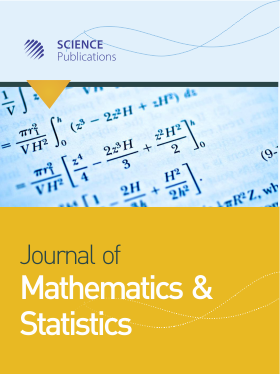A Comparative Study on Barrier Option Pricing using Antithetic and Quasi Monte-Carlo Simulations
- 1 North-West University, South Africa
Abstract
Monte-Carlo simulations have been utilized greatly in the pricing of derivative securities. Over the years, several variance reduction techniques have been developed to curb the instability, as well as, increase the simulation efficiencies of the Monte-Carlo methods. Our approach in this research work will consider the use of antithetic variate techniques to estimate the fair prices of barrier options. Next, we use the quasi-Monte Carlo method, together with Sobol sequence to estimate the values of the same option. An extended version of the Black-Scholes model will serve as basis for the exact prices of these exotic options. The resulting simulated prices will be compared to the exact prices. The research concludes by showing some results which proves that when random numbers are generated via low discrepancy sequences in contrast to the normal pseudo-random numbers, a more efficient simulation method is ensued. This is further applicable in pricing complex derivatives without closed formsolutions.
DOI: https://doi.org/10.3844/jmssp.2018.94.106

- 5,026 Views
- 2,684 Downloads
- 2 Citations
Download
Keywords
- Black-Scholes Model
- Barrier Options
- Monte-Carlo
- Antithetic Monte-Carlo
- Quasi Monte-Carlo
- Sobol Sequence
- 2010 Mathematics Subject Classification: 91G60, 91G20, 91G30
